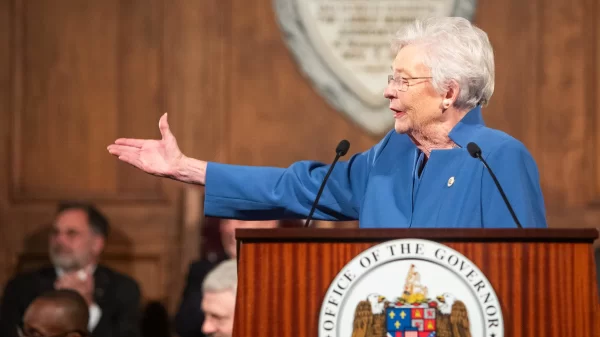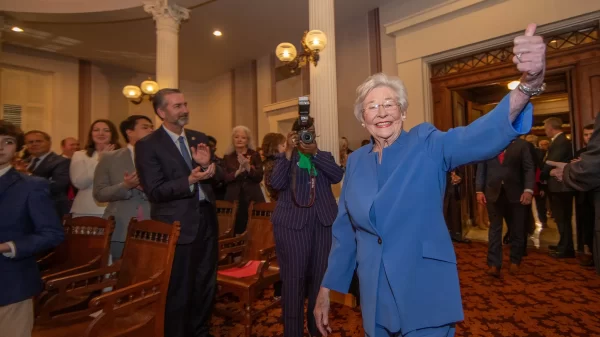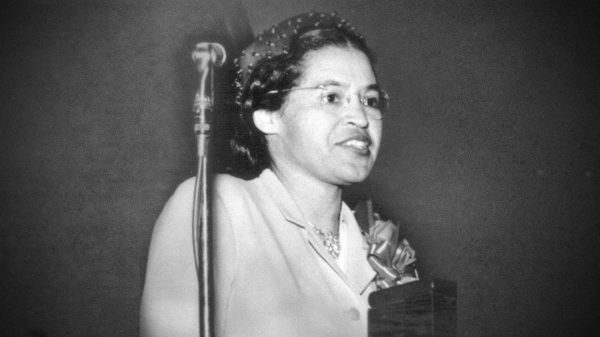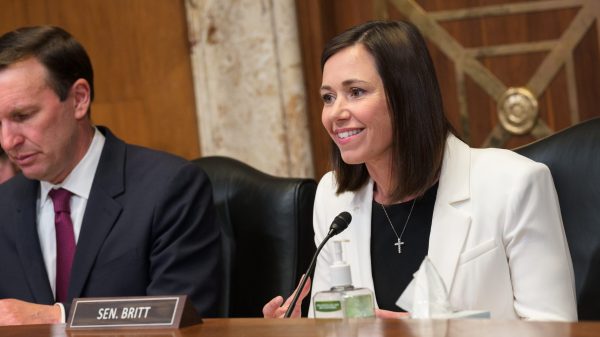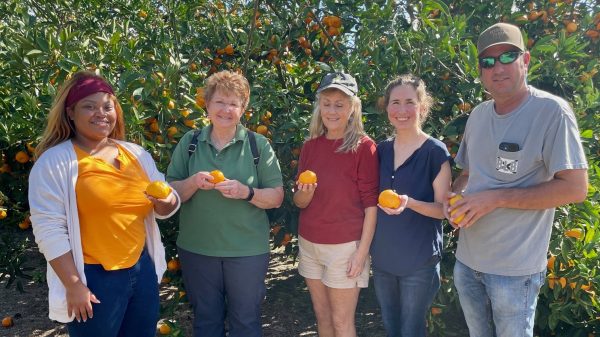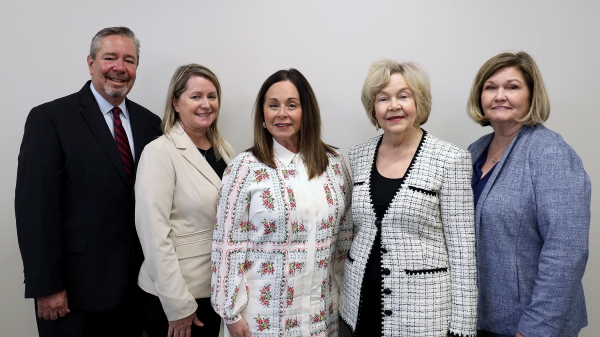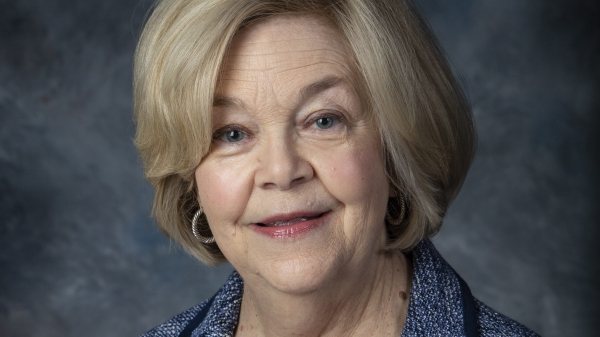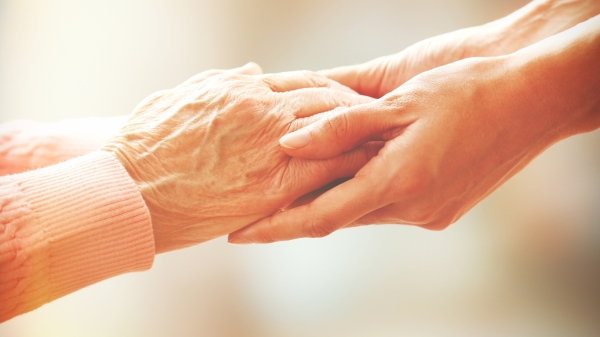On Tuesday, the majority of Alabama’s senior center’s closed down—a move designed to protect the state’s most vulnerable population from the spread of the COVID-19 virus.
But while Alabama’s seniors might be better protected by not gathering in groups at the centers, they might also be hungry.
Alabama’s Department of Senior Services feeds more than 16,000 seniors on a daily basis, mostly by providing meals at regional senior centers. Now, those centers are closed and Senior Services officials are scrambling to find ways to get meals to seniors.
“That is one of our most pressing questions right now,” said Senior Services Commissioner Jean Brown. “Jefferson County has closed all senior centers. (Several other counties) have followed suit today by order of (the Alabama Department of Public Health). That creates a number of issues and we are working through ways to address those.”
Brown said that the closure of the centers leaves essentially three means for getting meals to hungry senior citizens: home delivery (which presents additional problems), drive-thru service and a frozen, take-home meal that can be picked up.
Delivering the meals is a problem, because the senior centers aren’t equipped to do so. Currently, the department is relying on volunteers to make the deliveries, and it has asked each regional Area Agency on Aging to start recruiting volunteers to make deliveries and assist with other duties.
“The town of Kimberly announced yesterday that firefighters in the town would be making the meal deliveries to seniors there,” Brown said. “We have encouraged all of our regional offices to continue deliveries and look for ways to get the meals to seniors.”
In addition to feeding seniors, the department also administers three Medicaid waiver programs that provide in-home services for seniors, including meals. Those programs could also be in jeopardy under the current guidelines, but Brown said her office was working to make sure they stayed up and running.
For now, Brown said the public can best help Senior Services by volunteering. To do so, Brown asked that people call the main office in Montgomery at 334-242-5743, and a worker will put them in touch with the appropriate regional office.
“Anything people can do would be greatly appreciated at this point,” Brown said. “This is our most vulnerable population. If they can’t volunteer, I would ask that people follow the guidelines suggested for (social distancing) and help prevent the spread of the virus to the people who will be hurt the most.”







